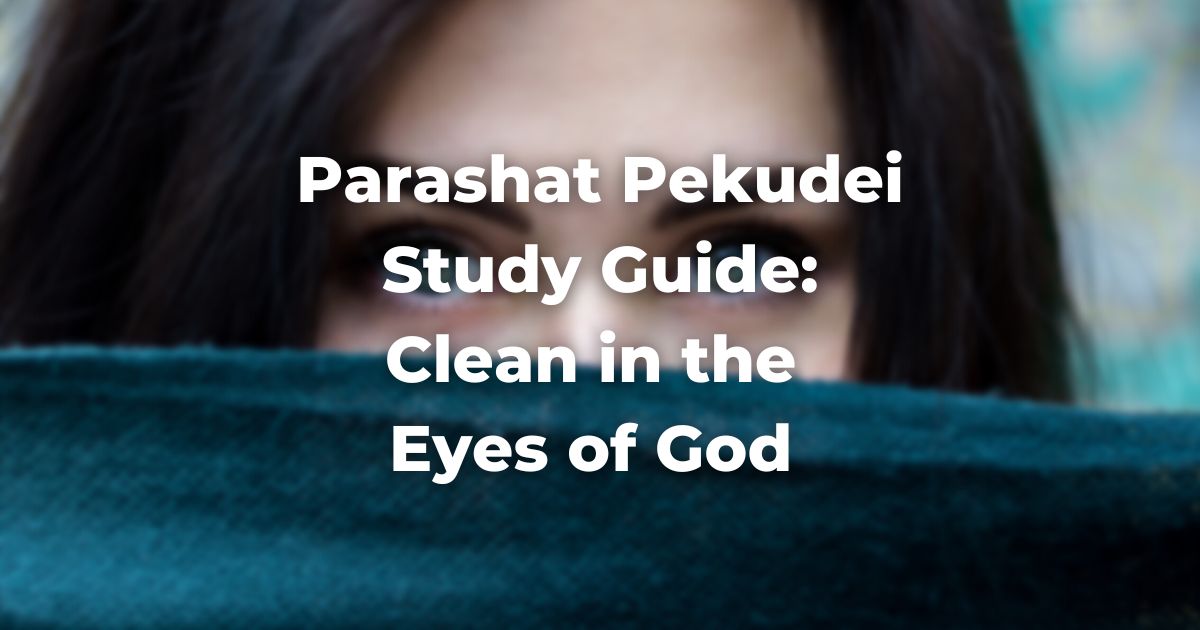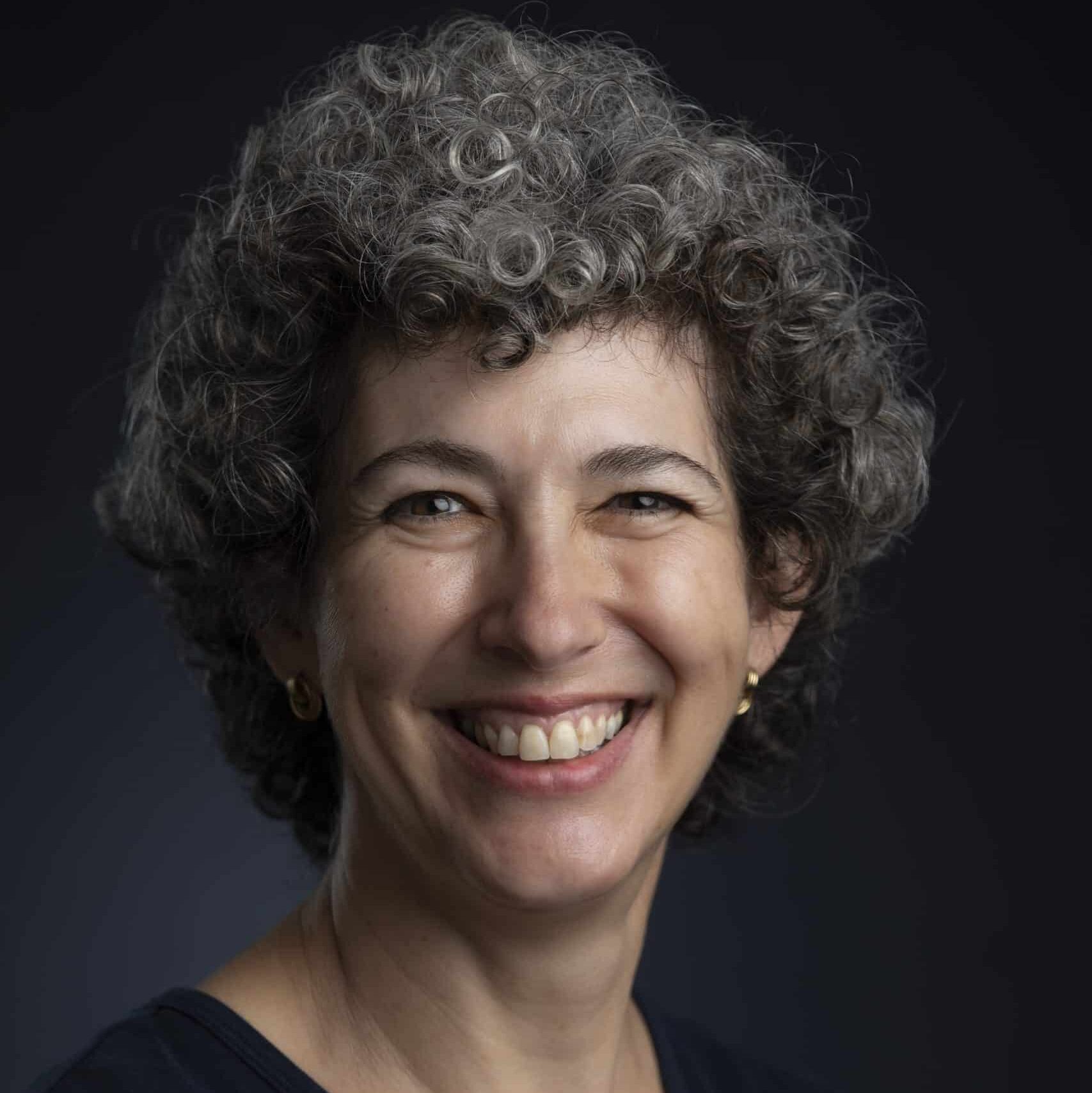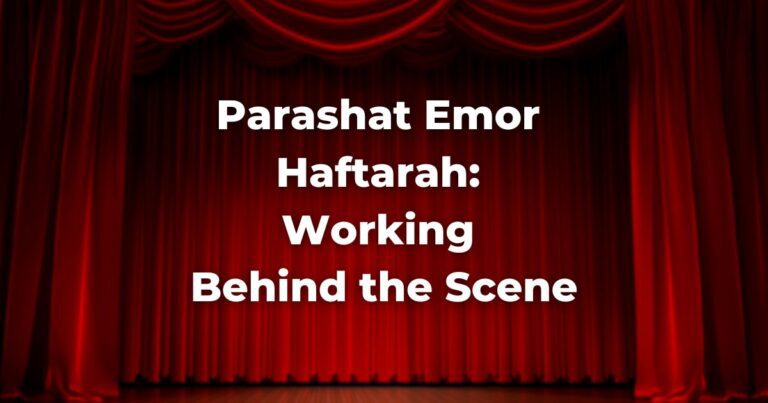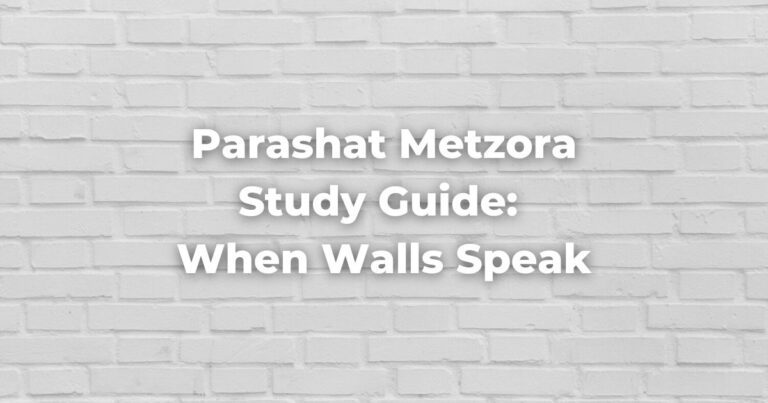Shemot 38:21-30
21 These are the accounts of the tabernacle, …which was counted according to the commandment of Moshe… 24 All the gold that was used in all the work of the holy, … was twenty-nine talents and seven hundred and thirty shekels… 25 And the silver …was one hundred talents and one thousand seven hundred and seventy-five shekels… he made hooks for the pillars, overlaid their capitals, and made bands for them. 29 The offering of bronze was seventy talents and two thousand four hundred shekels. 30 And with it he made the sockets for the door…
- Why do you think that Moshe gives an exact accounting of the amounts collected and what was done with every item?
Midrash Tanhuma Pekudei 5,8 (Based on translation by Samuel A. Berman)
Our sages teach us: The donor should not enter … while wearing a bordered cloak, a money belt… lest he becomes wealthy, and the people may say of him: “he acquired his wealth from the Temple treasury.” Just as a man must be morally pure in the sight of heaven, so must he be above suspicion among his fellowmen, as it is said: “Then you shall be clean before the Lord, and before Israel” (Numbers 32:22)
- Why do you think that people should be careful about the garments that they wear when entering the place of the treasury?
- What does it mean to be pure in the sight of heaven? Why is that not sufficient? Which trust is harder to gain?
…Why did he trouble to render an accounting? The Holy One, blessed be He, trusted him… He gave them an accounting because he heard the deriders of that generation whispering behind his back, as is said: “And it came to pass, when Moshe entered into the tent … and they looked after Moshe” (Exodus. 33:8). …R. Isaac explained: One person would praise him, but his companion would retort: “Fool, do you imagine that a man in charge of the work of building a Sanctuary, with weights of silver and gold so great that they cannot be examined, nor weighed …or accounted for, will not become wealthy?!” When he heard that he said: “Be assured, when the work of the Tabernacle is completed, I will give them an accounting.” As it was completed, he said to them: These are the accounts of the Tabernacle.
- Why is the idea of Moshe rendering an accounting of the use of the materials donated to the building of the Mishkan surprising?
- Why might the feelings regarding the treasury of a place such as the Mishkan be extra sensitive? What situations in today should require from the person dealing with the finances meticulous public accounting like Moshe did? Why?
See more: Parashat Pekudei
Originally posted as part of the Conservative Yeshiva at the Fuchsberg Jerusalem Center’s Torah Sparks. Support Torah learning from the Fuchsberg Jerusalem Center/Conservative Yeshiva for leaders and seekers around the world here.
Authors
-

Vered Hollander-Goldfarb teaches Tanach and Medieval Commentators at the Conservative Yeshiva and is a regular contributor to Torah Sparks, FJC’s weekly message on the weekly Torah portion. She received her M.A. in Judaic Studies and Tanach from the Bernard Revel Graduate School of Yeshiva University and studied at Bar-Ilan University and the Jewish Theological Seminary. Before making aliyah, Vered taught at Ramaz School and Stern College in New York.
-



The Fuchsberg Jerusalem Center (FJC) is a home in the heart of Jerusalem where leaders and seekers can find an authentic place in Jewish tradition to call their own. FJC offers opportunities to study, pray and explore within an egalitarian and inclusive setting, creating multiple pathways for finding personal and communal meaning.




